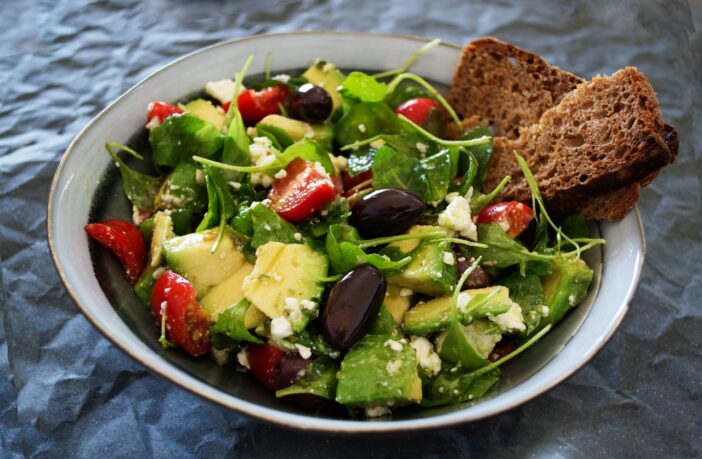Food poisoning remains a serious problem, especially in emerging countries. Salad and leafy green vegetables may be contaminated with harmful bacteria during growing, harvesting, preparation and retail leading to outbreaks of food poisoning which may be fatal in vulnerable groups.
A new study published in the journal Ultrasound in Medicine and Biology, has shown how gentle streams of water carrying sound and microscopic air bubbles can clean bacteria from salad leaves more effectively than current washing methods.
The authors of the research also claim that as well as reducing food poisoning, the innovation could reduce food waste and have implications for the growing threat of antimicrobial resistance.
In this study, scientists used acoustic water streams to clean spinach leaves directly sourced from the field crop, then compared the results with leaves rinsed in plain water at the same velocity.
Professor Timothy Leighton of the University of Southampton, who invented the technology and led this research, explains: “Our streams of water carry microscopic bubbles and acoustic waves down to the leaf. There the sound field sets up echoes at the surface of the leaves, and within the leaf crevices, that attract the bubbles towards the leaf and into the crevices. The sound field also causes the walls of the bubbles to ripple very quickly, turning each bubble into a microscopic ‘scrubbing’ machine. The rippling bubble wall causes strong currents to move in the water around the bubble, and sweep the microbes off the leaf. The bacteria, biofilms, and the bubbles themselves, are then rinsed off the leaf, leaving it clean and free of residues.”
The results showed that the microbial load on samples cleaned with the acoustic streams for two minutes was significantly lower six days after cleaning than on those treated without the added sound and bubbles. The acoustic cleaning also caused no further damage to the leaves and demonstrated the potential to extend food shelf life, which has important economic and sustainability implications.
The work was sponsored by Vitacress, whose Group Technical Director Helen Brierley said: “Ensuring food safety for our products is an essential requirement. At Vitacress, we wash our produce in natural spring water, and this type of ground-breaking new technology helps to enhance our process whilst ensuring our commitment to protect the environment is maintained. We are always interested in new developments and are excited to see the results of this research”.
The research project was a collaboration between Sloan Water Technology Limited, Vitacress and the University of Southampton, a collaboration formed and supported by Global-NAMRIP (the Global Network for Antimicrobial Resistance and Infection Prevention).
Photo by Dana Tentis from Pexels




